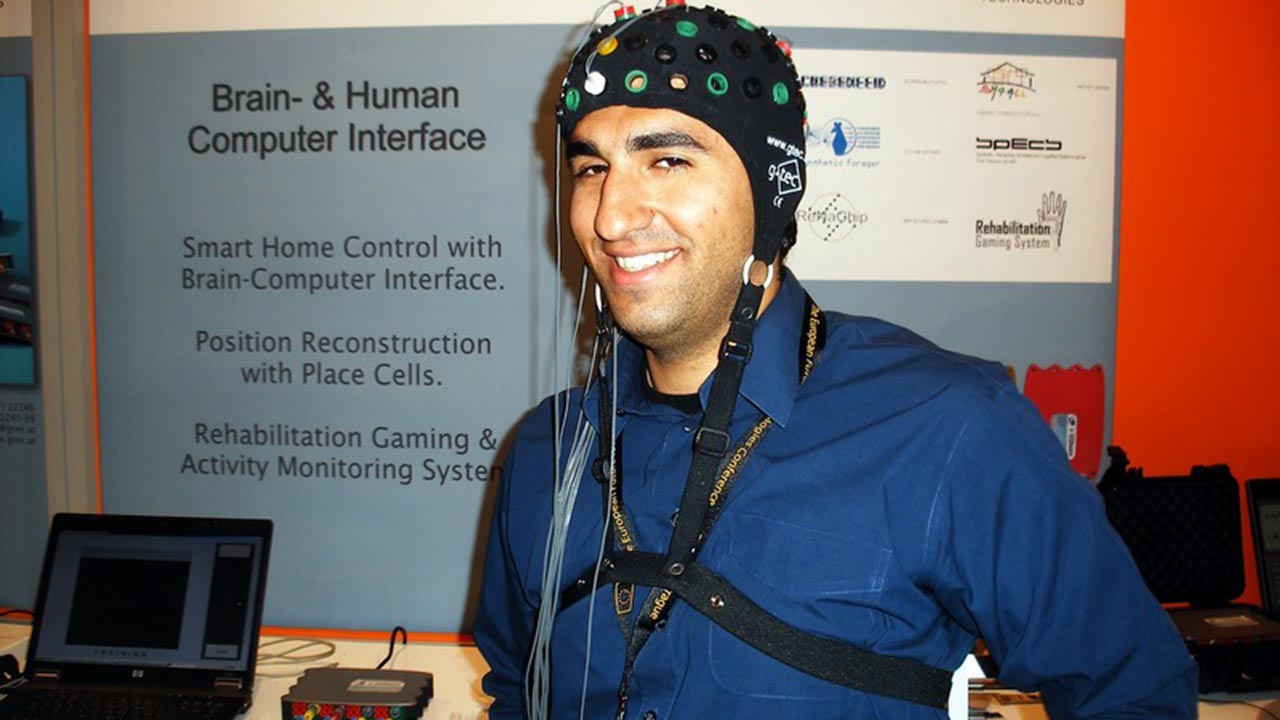
In the ever-evolving realm of science and technology, researchers are pushing the boundaries of what’s possible. From the depths of the ocean to the far reaches of space, groundbreaking experiments are shaping the future. Here are 12 of the most intriguing and ambitious projects currently capturing the imagination of scientists worldwide.
Quantum Teleportation Trials
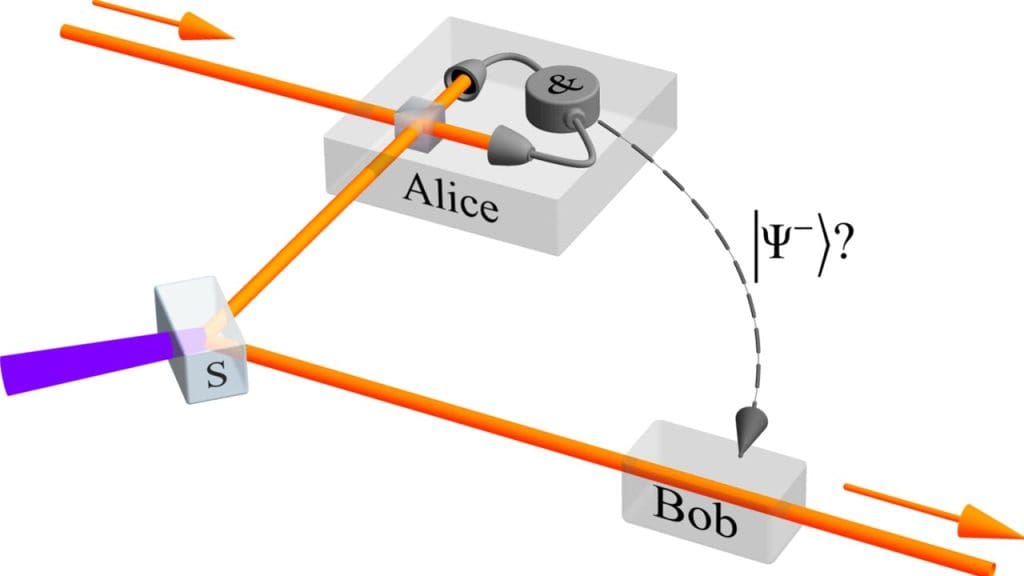
Quantum teleportation is no longer confined to science fiction. Researchers are conducting trials to transfer information across distances without physical movement. This experiment has the potential to revolutionize quantum computing and secure communications. By using entangled particles, data can be instantaneously shared between locations, offering unprecedented speed and security.
Human Hibernation Studies

Inspired by the animal kingdom, scientists are exploring the possibility of inducing hibernation in humans. This research could pave the way for extended space travel and critical medical treatments. By slowing down metabolic processes, humans could potentially survive long journeys in space or recover from life-threatening conditions.
Artificial Photosynthesis Projects

Artificial photosynthesis aims to mimic nature’s solar energy conversion to create sustainable fuels. Researchers are developing methods to efficiently convert sunlight, water, and carbon dioxide into energy-rich compounds. This breakthrough could significantly impact our approach to renewable energy and address global energy challenges.
Brain-Computer Interface Innovations
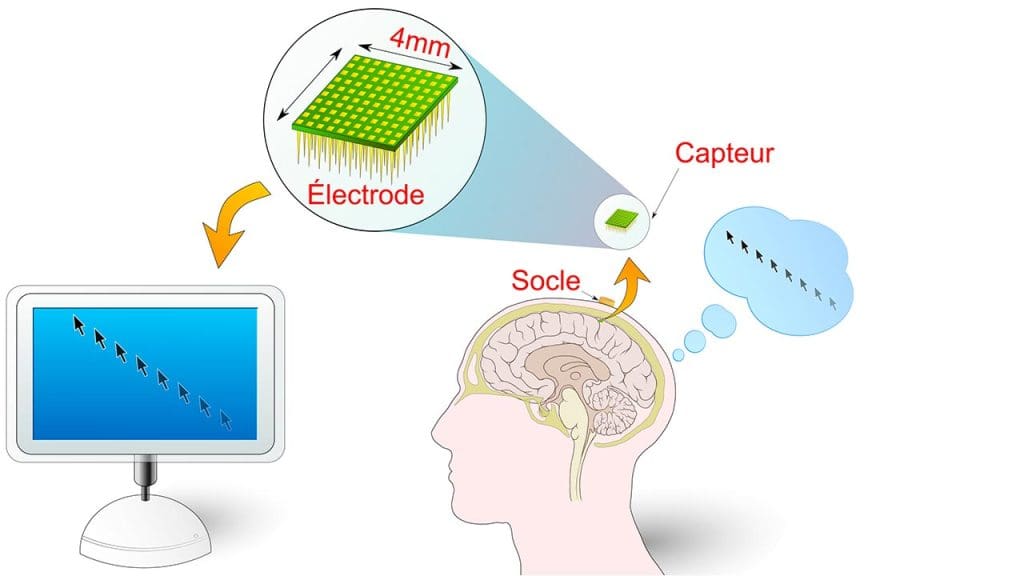
Brain-computer interfaces (BCIs) are bridging the gap between human thought and digital action. These devices enable direct communication between the brain and computers, offering new possibilities for those with disabilities. By translating neural activity into commands, BCIs could transform how we interact with technology and enhance cognitive capabilities.
Deep-Sea Biodiversity Exploration

The deep sea remains one of Earth’s least explored frontiers. Scientists are venturing into the abyss to document unknown species and ecosystems. This exploration could unlock secrets about biodiversity, climate change, and the origins of life. Discoveries from these expeditions could lead to new medicines and technologies.
Self-Healing Material Development

Imagine a world where materials repair themselves after damage. Researchers are developing self-healing materials that could revolutionize construction, electronics, and more. These materials can autonomously mend cracks and breaks, extending the lifespan of products and reducing waste.
Space Farming Experiments

As we look toward colonizing other planets, space farming becomes crucial. Scientists are experimenting with growing crops in extraterrestrial environments. These experiments aim to sustain future space missions and establish self-sufficient colonies beyond Earth. Success in space farming could also enhance agricultural resilience on our planet.
Genetic Memory Transfer Research
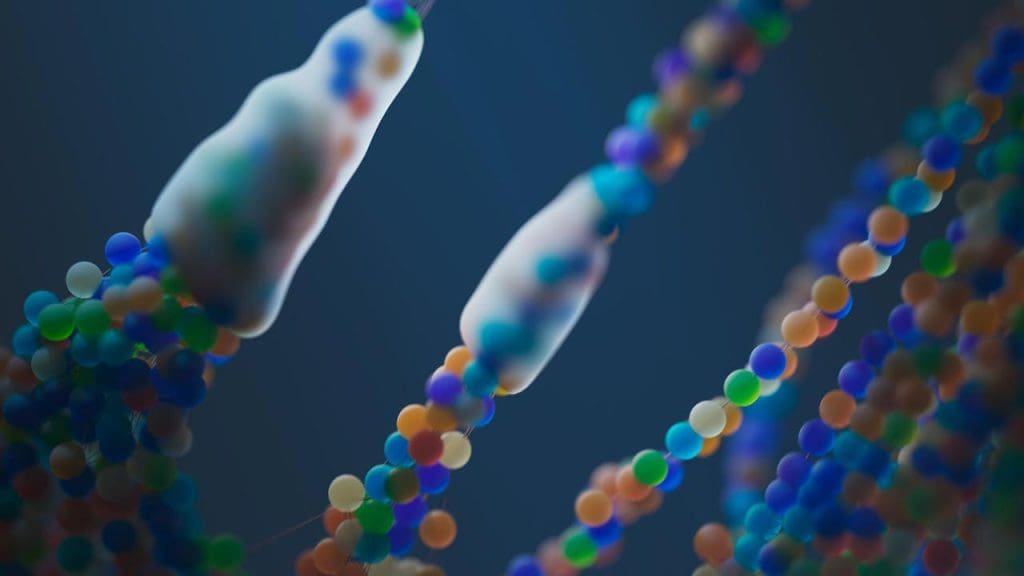
Could memories be transferred between individuals? Researchers are investigating the possibility of genetic memory transfer. By understanding how memory is encoded at the molecular level, scientists hope to unlock the secrets of learning and memory retention. This research could revolutionize treatments for memory-related disorders.
Autonomous Swarm Robotics
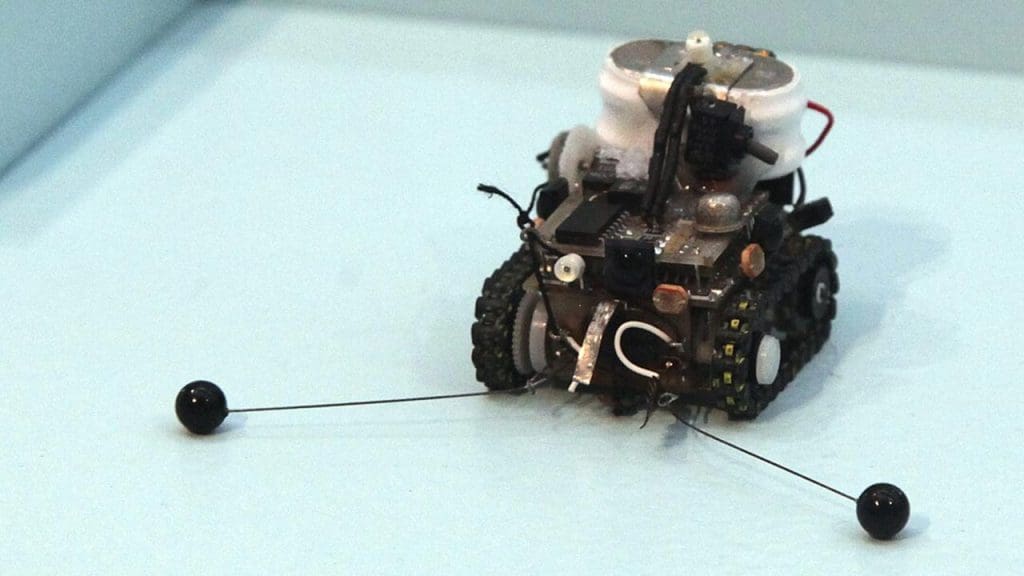
Swarm robotics mimics the behavior of social insects to create autonomous robot groups. These robots can collaborate to accomplish complex tasks, from disaster response to environmental monitoring. By working together, swarm robots offer increased efficiency and adaptability in dynamic environments.
Time Perception Manipulation

Our perception of time is subjective, and scientists are experimenting with ways to manipulate it. By understanding the brain’s mechanisms for processing time, researchers hope to enhance human productivity and experience. This research could lead to breakthroughs in treating conditions like ADHD and depression.
Synthetic Organ Regeneration
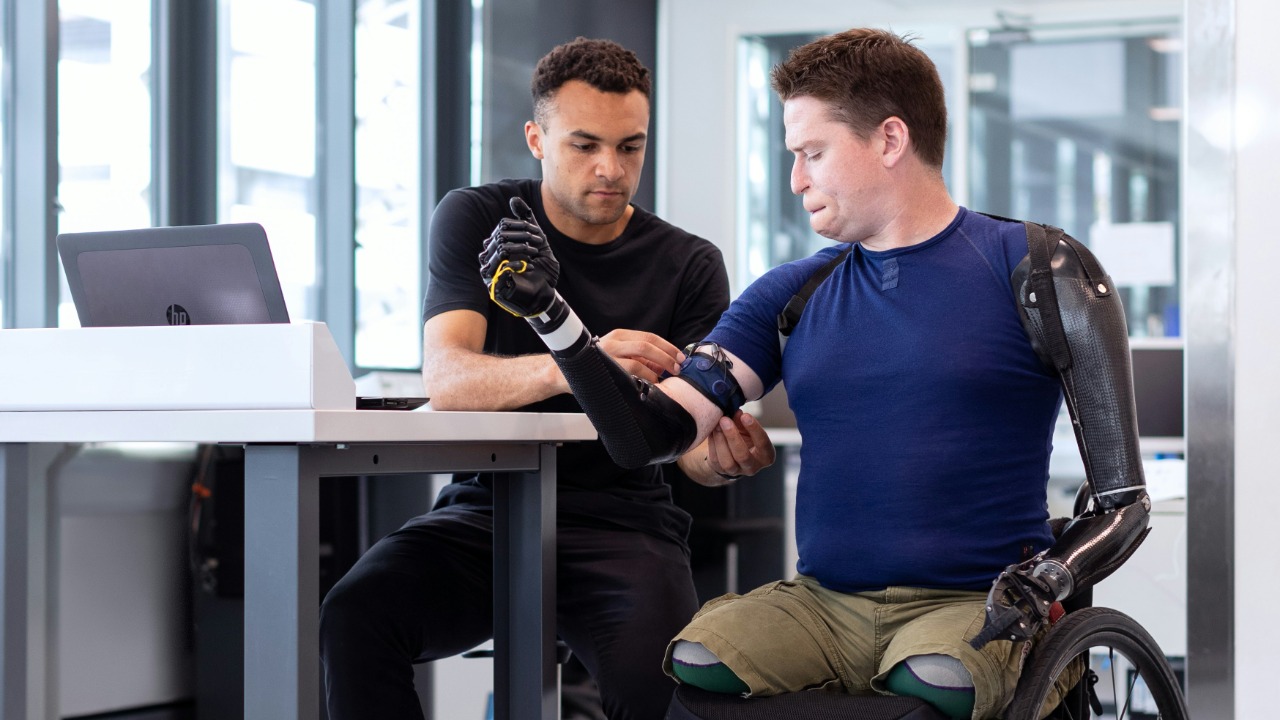
The field of regenerative medicine is advancing rapidly with synthetic organ development. Scientists are creating lab-grown organs that could replace damaged ones, offering new hope for transplant patients. This technology could alleviate organ shortages and improve the quality of life for countless individuals.
Interstellar Communication Efforts
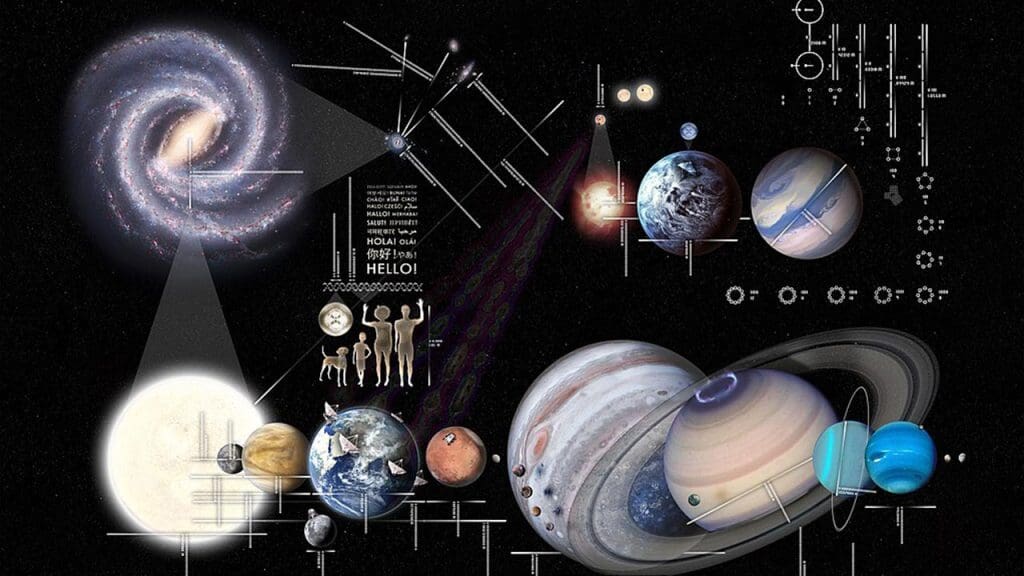
As humanity reaches for the stars, effective communication across vast distances becomes essential. Researchers are developing methods to transmit data between star systems. This research could enable contact with other civilizations and facilitate interstellar exploration. Successful communication systems would be a milestone in our quest to explore the universe.